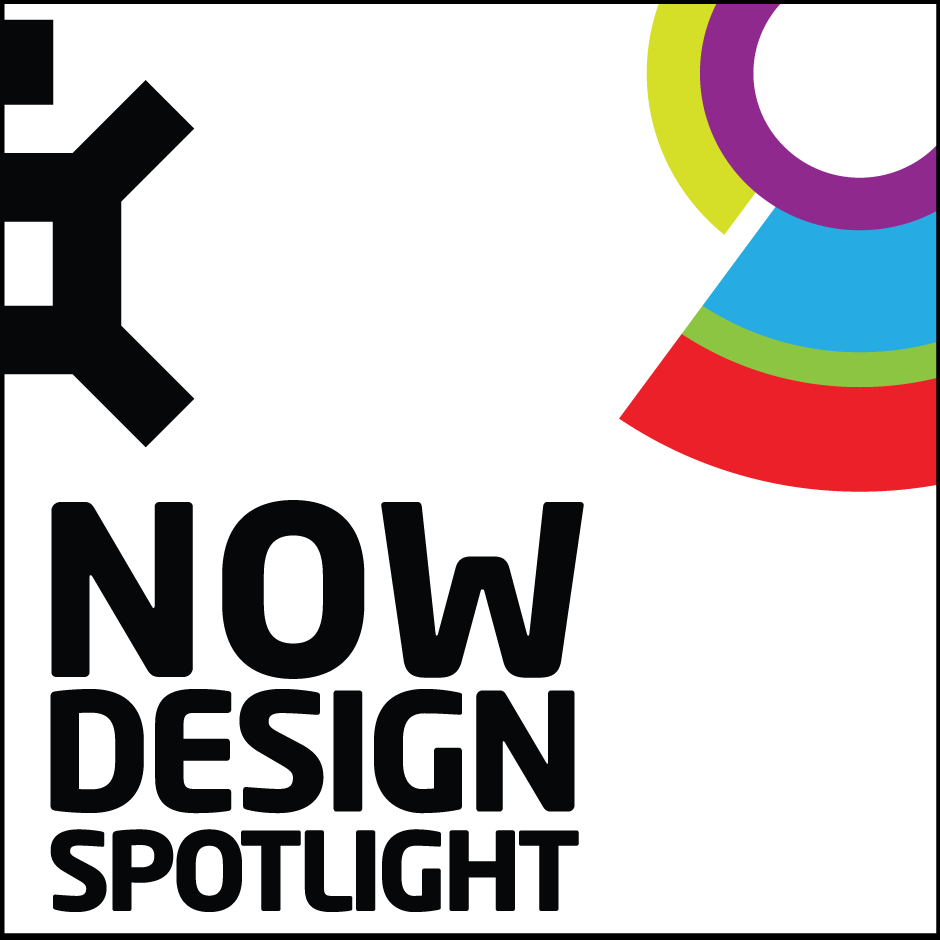



Image Credit : Mayo Clinic
Project Overview
In a US first, a new project taking place at Mayo Clinic's Jacksonville Florida campus is using autonomous vehicles to move COVID-19 tests from testing checkpoints to laboratories for testing.
Project Commissioner
Project Creator
Jacksonville Transportation Authority / Beep / NAVYA / Bestmile
Project Context
The US, like much of the world, is moving to keep contact between its residents to minimum as it grapples with the spread of coronavirus.
The Mayo Clinic teamed up with the Jacksonville Transportation Authority and self-driving startups Beep and Nayva for the project, which explores a possible solution to break potential chains of infection.
On March 30, four autonomous shuttles began servicing a route between a drive-through testing site and a processing laboratory at the Mayo Clinic's Florida campus.
Project Innovation
Once the testing is complete, workers load the samples into a secure container and place them aboard the autonomous shuttle, which then makes its way along a route that is free of pedestrians, traffic and staff. While no human driver is aboard the shuttle, it is escorted by another vehicle that follows behind at a safe distance. The shuttles are also monitored from a central command center to make sure things run smoothly.
Using artificial intelligence enables Mayo Clinic to protect staff from exposure to the contagious virus by using cutting-edge autonomous vehicle technology, and frees up staff time that can be dedicated to direct treatment and care for patients.
Social and Community-Oriented Design - Systems
Social design applies a design methodology and intervention to tighten the social fabric that holds us together. Addressing issues of social inequality, such as poverty or social isolation, social design is the pathway to a more just and sustainable society. Community-oriented design is a human-centered and participatory design practice that emphasises the betterment of local communities through the improvement of public facilities, equipment, identity and experience.
All systems are designed to serve a purpose – and that purpose is to serve people. Systems design optimises systems performance by systematically focusing on the human component - human capacities, abilities, limitations and aspirations.
More Details


